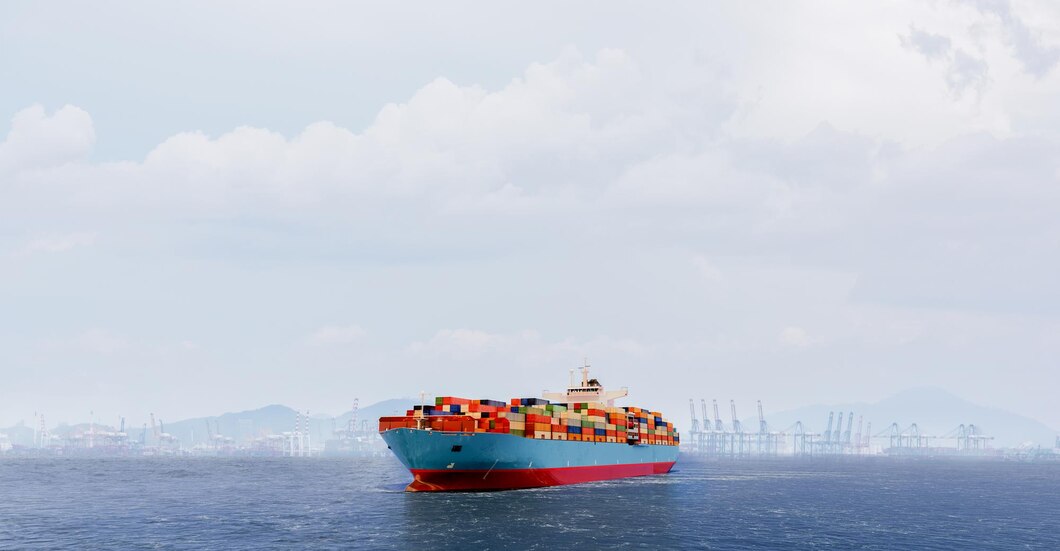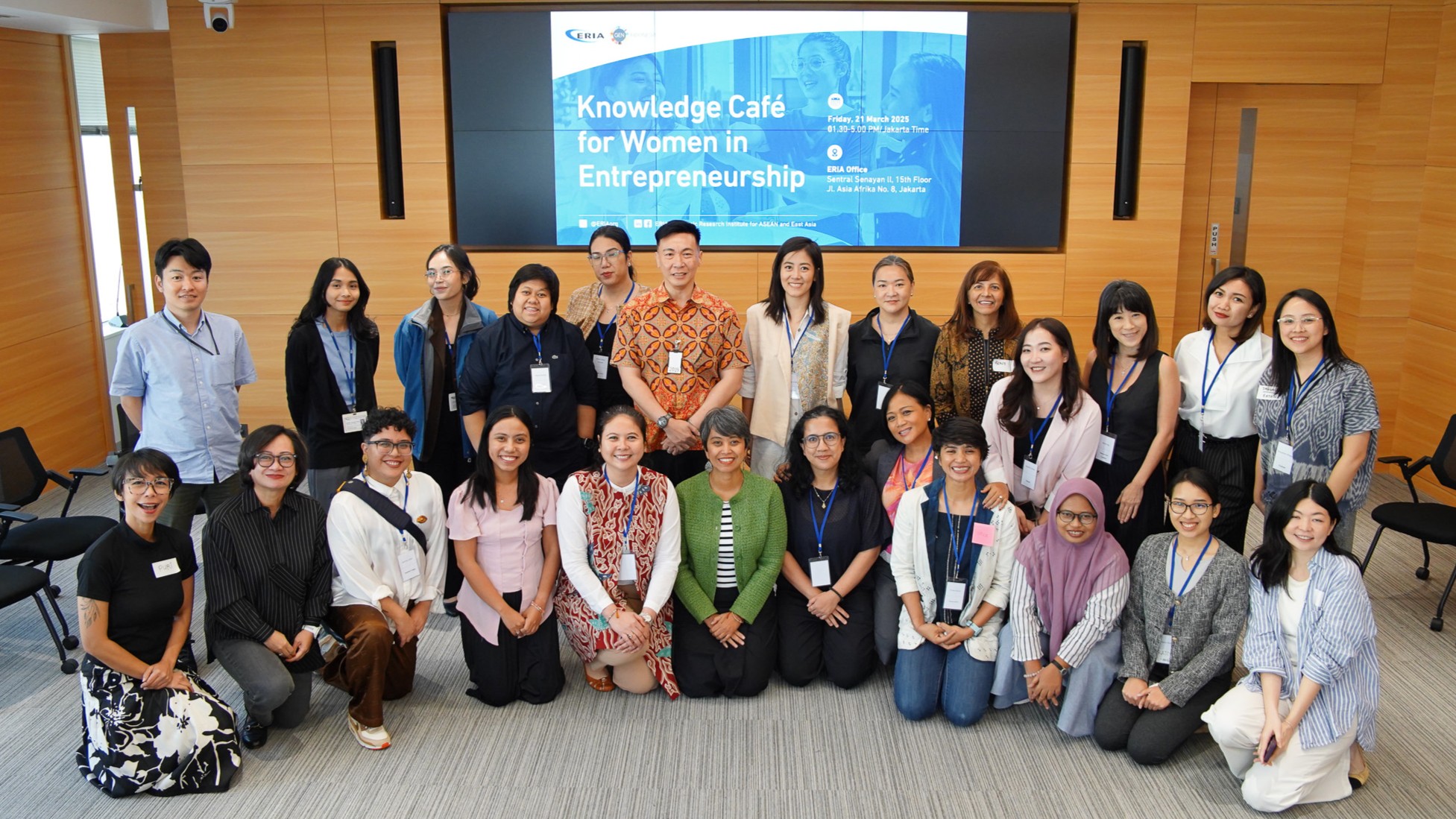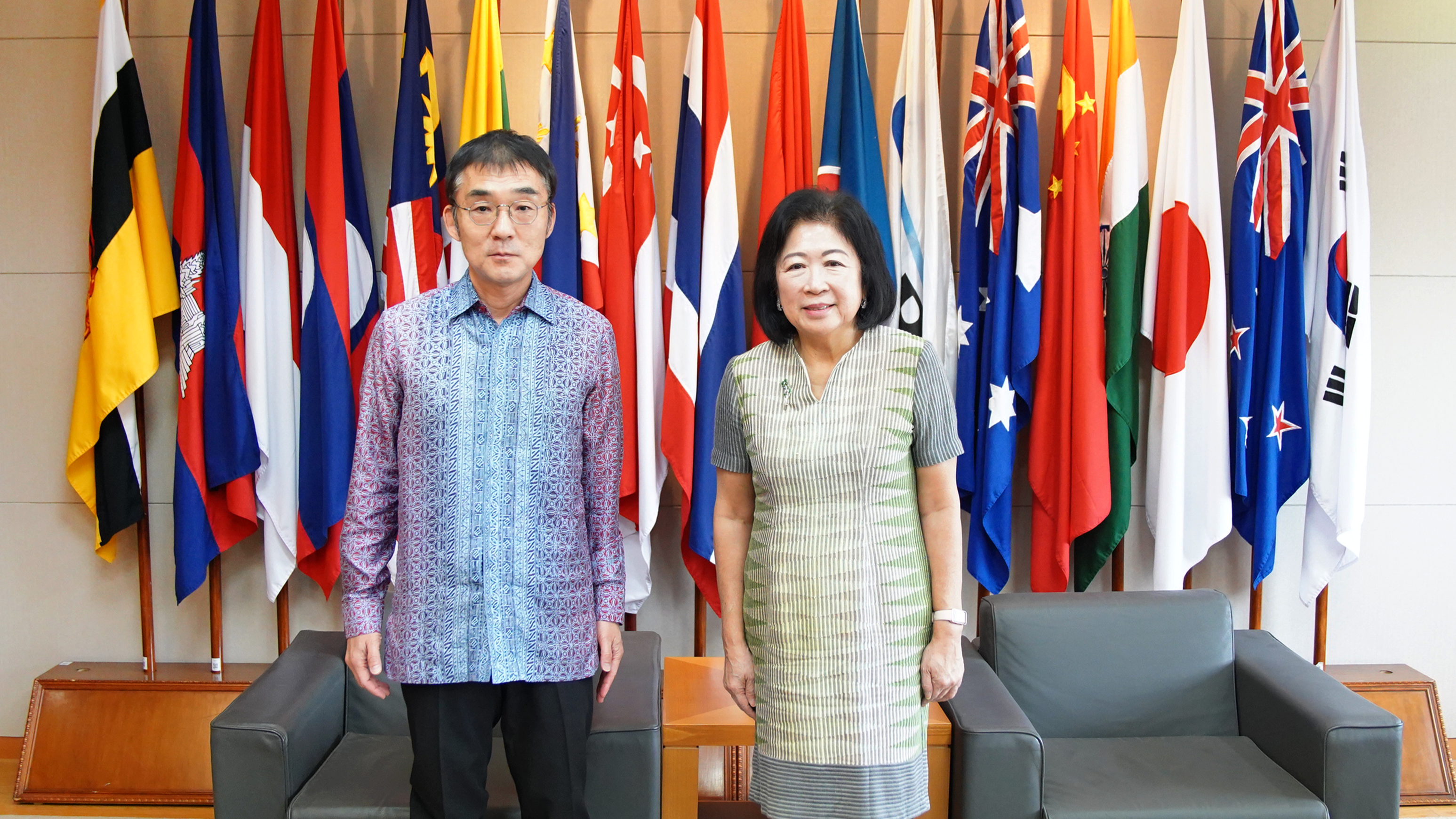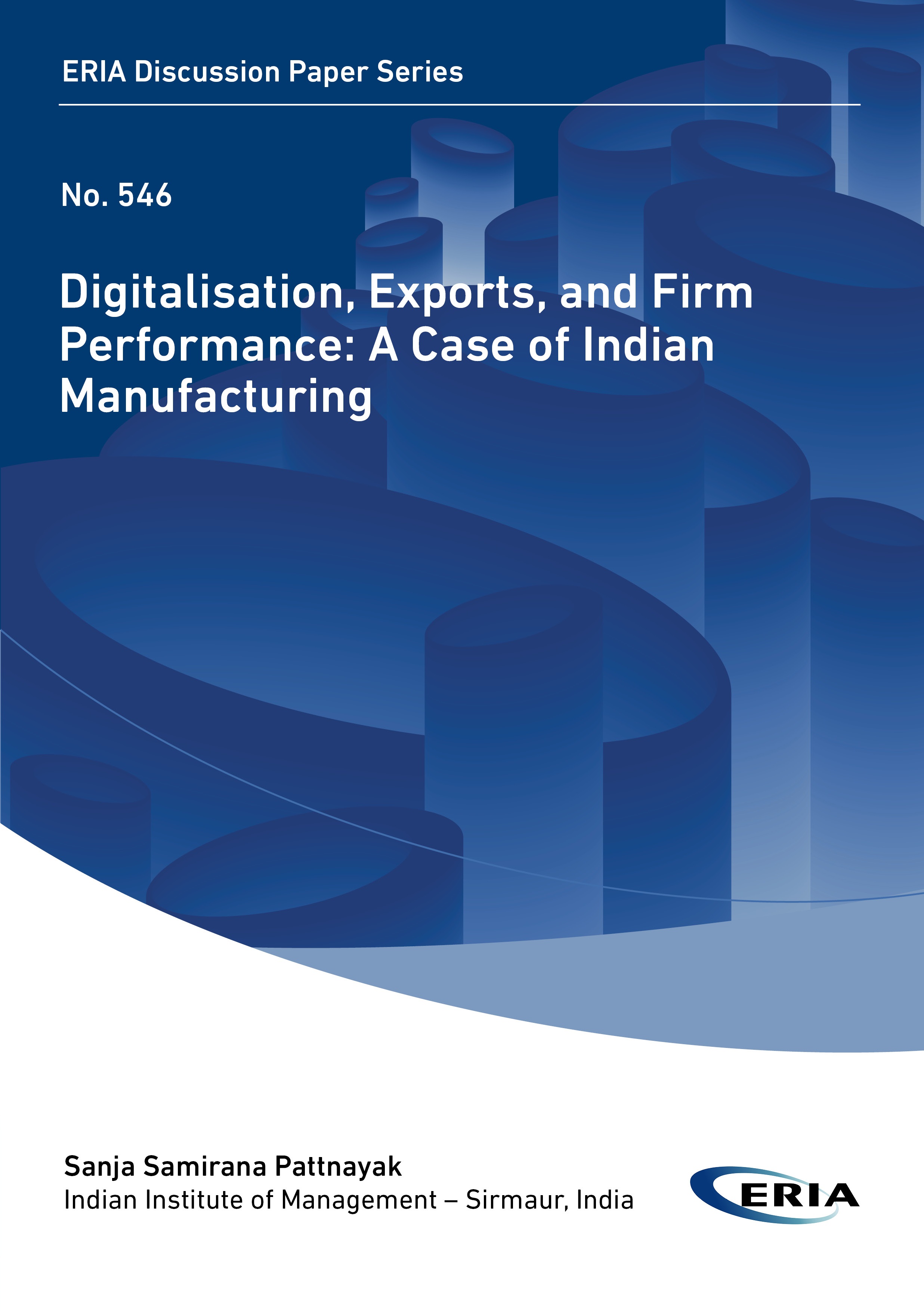Navigating Global Complexities: Strengthening ASEAN-Japan Collaboration
Date:
18 December 2023By:
Lili Yan IngShare Article:
Print Article:
By Yessi Vadila, Trade Specialist, and Dr Lili Yan Ing, Secretary General of International Economic Association (IEA) and Lead Advisor, ERIA: The relationship between the Association of Southeast Asian Nations (ASEAN) Member States and Japan has stood as a testament to enduring collaboration, spanning five decades since the Japan-ASEAN Synthetic Rubber Forum in 1973. This partnership, built on principles of peace, stability, development, and prosperity, has flourished, positioning Japan as a pivotal trade and investment partner for ASEAN. As of 2022, trade between ASEAN and Japan has seen remarkable growth, marking an upward trajectory. With ASEAN's exports to Japan reaching US$135.6 billion and imports from Japan totaling US$119.1 billion, Japan stands as the second-largest source of Foreign Direct Investment (FDI) for ASEAN, contributing US$27.2 billion in 2022 alone, reflecting a nearly 30% surge from 2021.
However, in today’s complex geopolitical landscape, where tensions between global powers loom large, ASEAN endeavors to maintain neutrality and strengthen collaborations with various trade and economic partners, including China, Japan, and the United States. The emphasis is on deepening regional integration, promoting economic diversification, and enhancing overall competitiveness. To achieve these goals, it is crucial for Japan and ASEAN to optimize the ASEAN-Japan Free Trade Agreement (FTA) and Regional Comprehensive Economic Partnership (RCEP) frameworks.
Amidst rising global tensions, it is imperative for Japan to avoid aligning with any single power bloc and, instead, prioritize fostering mutually beneficial economic partnerships. Adopting a neutral stance in the US-China rivalry and concentrating on enhancing multilateral trade systems will contribute to cultivating stability and prosperity within the region. The imposition of unilateral actions, such as the G7’s anti-coercion measures against China, poses the risk of detrimental economic consequences for Japan and other G7 countries.
Specifically targeting China through anti-coercion measures, including tariffs and other protectionist strategies, presents inherent risks due to China's substantial share in Japan's exports. Notably, in 2022, China accounted for 19.37% of Japan's total exports to the world—a remarkable 57-fold increase since 2000. Japan's substantial investment in China, ranking as the fourth-largest source of Foreign Direct Investment (FDI) with US$4.6 billion in 2022, further underscores the complexities inherent in their economic relationship.
Addressing concerns about China's trade practices, Japan, alongside other advanced nations, must prioritize ensuring the effective operation of the World Trade Organization (WTO) and preventing measures that may fragment global trade. This aligns with article seven of the chairman’s statement of the 26th ASEAN-Japan Summit last September in Jakarta. A thoughtful strategy adopted by Japan and the G7 can guide global trade positively, avoiding unintended consequences associated with a more aggressive approach to China's non-transparent and market-distorting industrial policies.
Looking ahead, the ASEAN-Japan Summit in Tokyo scheduled for December 16-18, 2023, should extend beyond commemorating the golden anniversary. The summit presents an opportunity for both ASEAN and Japan to reaffirm their commitment to the multilateral trading system, emphasizing collaboration over unilateral actions, and prioritizing regional trade and investment enhancements.
Japan's pivotal role in fostering trade partnerships, technological enhancement, and regional stability cannot be overstated. Collaborative efforts that acknowledge the diverse needs of each ASEAN Member State will allow Japan to significantly contribute to the region's stability and resilience. The forthcoming summit should focus on actualizing the shared vision articulated a decade ago—The Shared Vision, Shared Identity, and Shared Future of ASEAN-Japan Friendship and Cooperation.
ASEAN’s role in collaborative development with Japan encompasses multifaceted dimensions. The region not only offers abundant natural resources but also boasts a robust human resource pool, making it a strategic partner for Japan’s economic endeavors. The ASEAN market serves as a key platform for Japanese exporters due to Southeast Asian consumers' appreciation for the quality and reliability of Japanese products. This mutual partnership extends beyond economic exchange; it influences diverse sectors, from household appliances to the automotive industry. Additionally, ASEAN's strategic geographical position plays a vital role in securing Japan's economic interests. The ASEAN-Japan partnership thus represents not only economic value but also strategic indispensability for Japan's sustained growth and stability. Concurrently, Japanese technology and innovation have seamlessly integrated into ASEAN citizens’ daily lives, playing a crucial role in regional technological advancement and prosperity. The relationship between ASEAN and Japan extends beyond the flying geese paradigm, highlighting the mutual impact and shared developmental journey between the two, emphasizing their intertwined futures and interconnected progress.
In conclusion, the upcoming ASEAN-Japan Summit represents a critical juncture for both parties to reaffirm their commitment to a multilateral trading system, steer clear of divisive unilateral actions, and fortify regional trade and investment for mutual prosperity. This partnership not only signifies economic value but also underscores its strategic indispensability for Japan's sustained growth and stability, highlighting the interwoven futures of ASEAN and Japan in their shared journey towards prosperity.
This opinion piece was written by ERIA's Trade Specialist, Yessi Vadila, and Dr Lili Yan Ing, Secretary General of International Economic Association (IEA) and Lead Advisor, Southeast Asia Region at ERIA has been published in The Jakarta Post. Click here to subscribe to the monthly newsletter.
Disclaimer: The views expressed are purely those of the authors and may not in any circumstances be regarded as stating an official position of the Economic Research Institute for ASEAN and East Asia.








